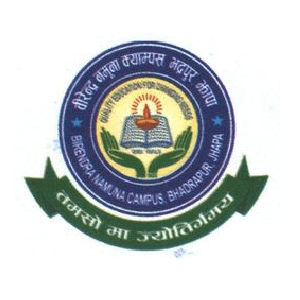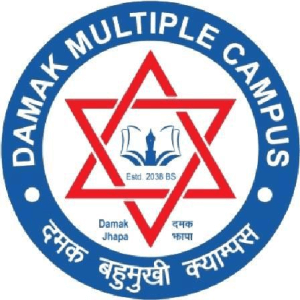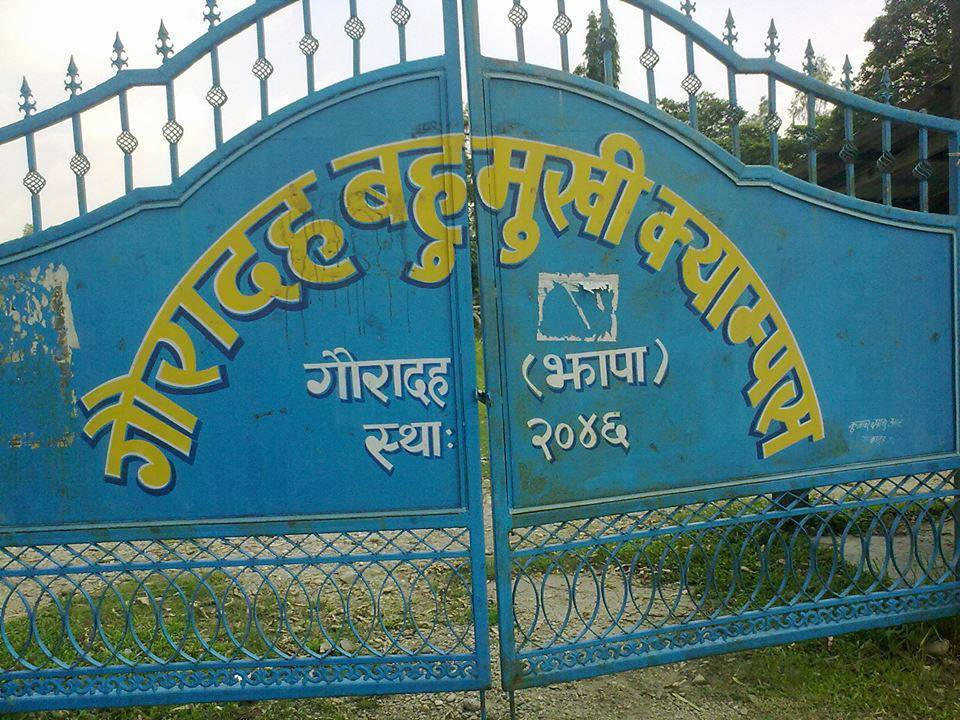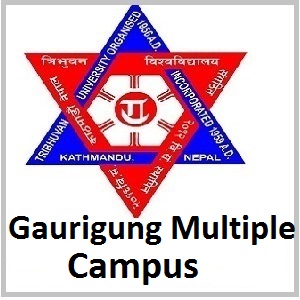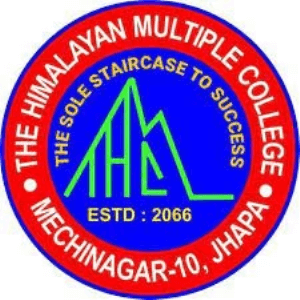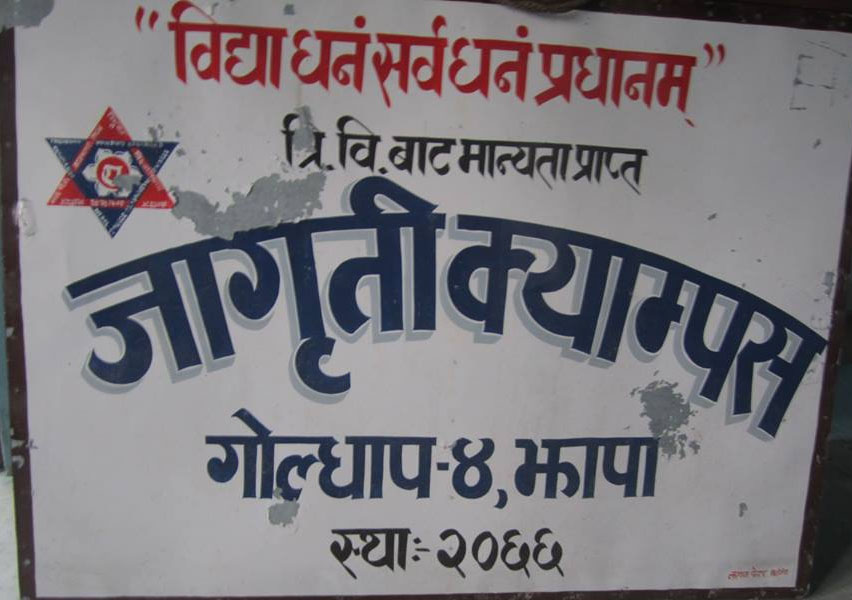Overview
Bachelor of Education (B.Ed.) at Dhulabari Campus
The B.Ed. program at Dhulabari Campus is for students who are passionate about teaching and want to build a meaningful career in education. Offered by Tribhuvan University (TU), this four-year bachelor’s degree program prepares students to become confident, capable, and ethical teachers, ready to serve schools and communities across Nepal.
Whether you're drawn to teaching language, social studies, or other subjects, this program helps you understand both the art and science of education.
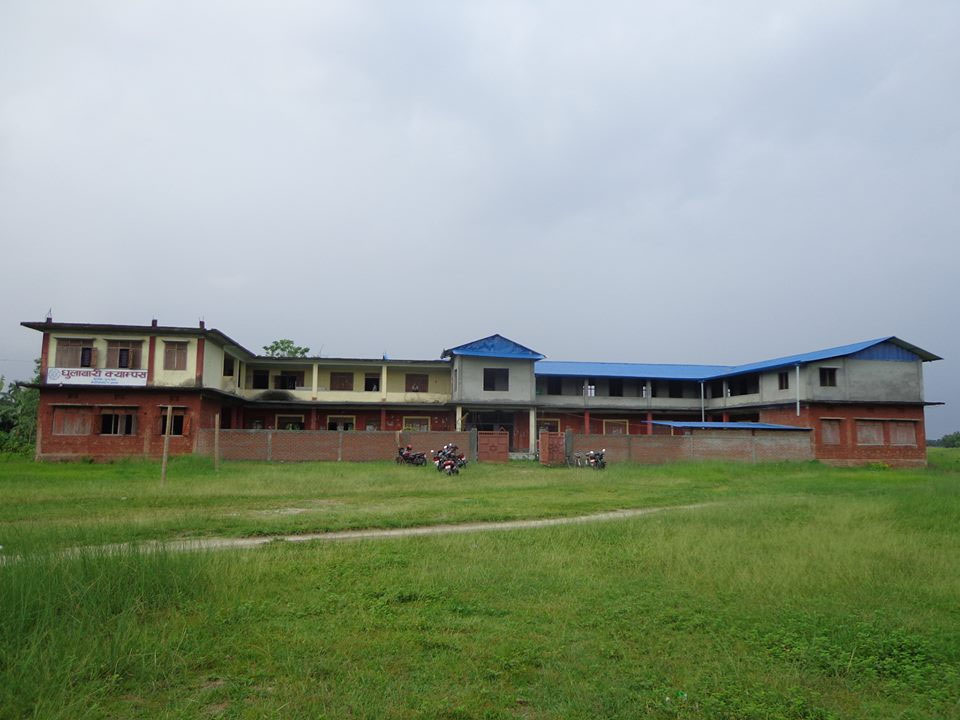
Program Duration and Structure
The B.Ed. program spans four academic years, with final exams conducted annually. Each year, students study a combination of core education courses, subject specialization courses, and practical components, including classroom teaching and evaluation methods.
Tribhuvan University carefully designs its curriculum to strike a balance between theory and practice. Students attend at least 150 teaching days per year, which include interactive lectures, workshops, microteaching sessions, and peer collaboration.
What You’ll Learn
The course structure includes:
-
Foundations of Education and Child Development
-
Educational Psychology
-
Curriculum and Evaluation
-
Educational Planning and Management
-
Inclusive Education and Classroom Practice
-
Teaching Methods in English, Nepali, Social Studies, or other subject areas
-
School-based practicum and microteaching
In the final year, students undertake a teaching practicum, where they apply what they’ve learned in real classrooms under the guidance of mentors.
Eligibility Criteria
Students who have completed Grade 12 or equivalent in any stream (Management, Science, Humanities, or Education) are eligible to apply. Admission is based on academic records and follows the guidelines of Tribhuvan University.
Teaching Method and Faculty
At Dhulabari Campus, classes are conducted by experienced educators who possess a deep understanding of both content and pedagogy. Lessons include a mix of theory, discussion, group activities, practice teaching, and fieldwork.
You won’t just study what to teach, but also how to prepare it effectively.
Students regularly participate in lesson planning, classroom simulation, and reflective learning practices to develop confidence and classroom management skills.
Evaluation and Exams
Students must pass annual examinations conducted by Tribhuvan University. In addition to written exams, students are assessed through:
-
Assignments and internal evaluations
-
Peer teaching and microteaching sessions
-
School-based practicum reports
-
Oral presentations (viva)
Attendance is mandatory, and students must meet minimum requirements to qualify for final exams.
Affordable Education for Future Teachers
As a community-led institution, Dhulabari Campus maintains an affordable fee structure. This helps ensure that students from diverse economic backgrounds can pursue a degree in education without facing financial barriers.
Scholarships and Support
To support students who need financial assistance or have demonstrated academic excellence, the campus provides scholarships for:
-
Students from marginalized or rural communities
-
Economically disadvantaged families
-
Top scorers in the board or entrance exams
All scholarships follow a fair selection process with guidelines set by TU and the campus administration.
Career Opportunities After B.Ed.
After graduating, students are qualified to teach in schools across Nepal. Many also choose to pursue further studies—such as Master’s in Education (M.Ed.) or Teacher Training Programs.
Graduates often work as:
-
Basic level school teachers
-
Education coordinators
-
Curriculum facilitators
-
Trainers or facilitators for NGOs/INGOs in education
Some even go on to work in educational research, curriculum design, or school leadership roles.
Why Choose Dhulabari Campus for B.Ed.?
-
A nurturing learning environment led by experienced faculty
-
Balanced focus on theory, practice, and local relevance
-
Affordable tuition with access to scholarships
-
Practical teaching experiences in real school settings
-
Strong community support and transparent administration


